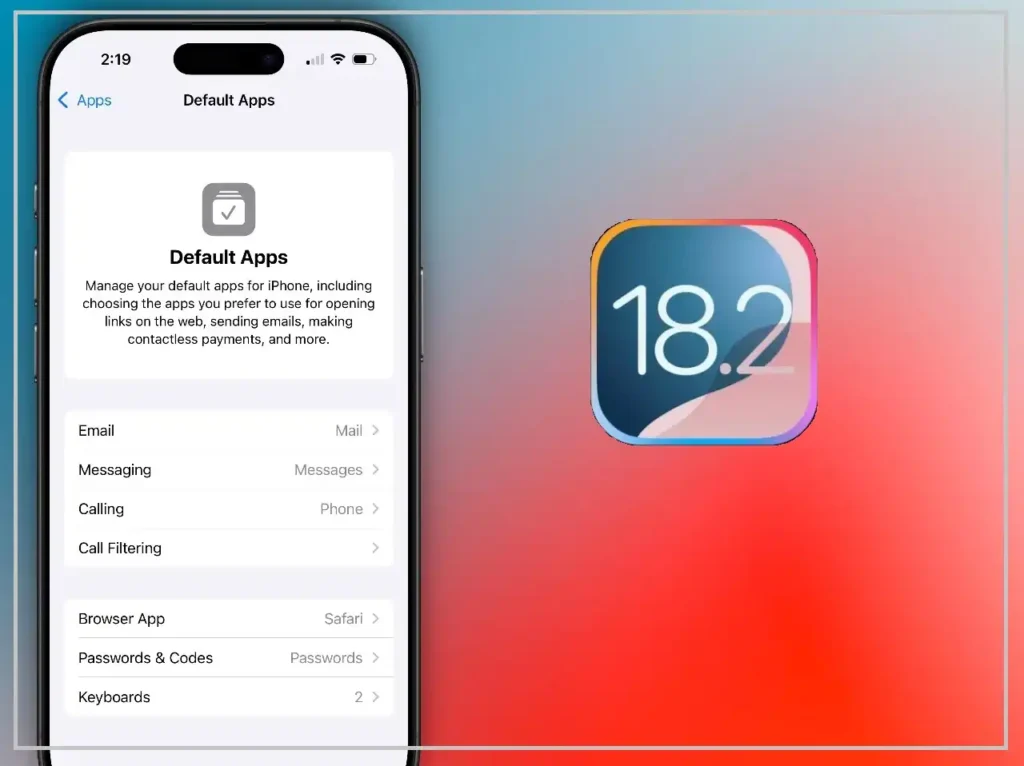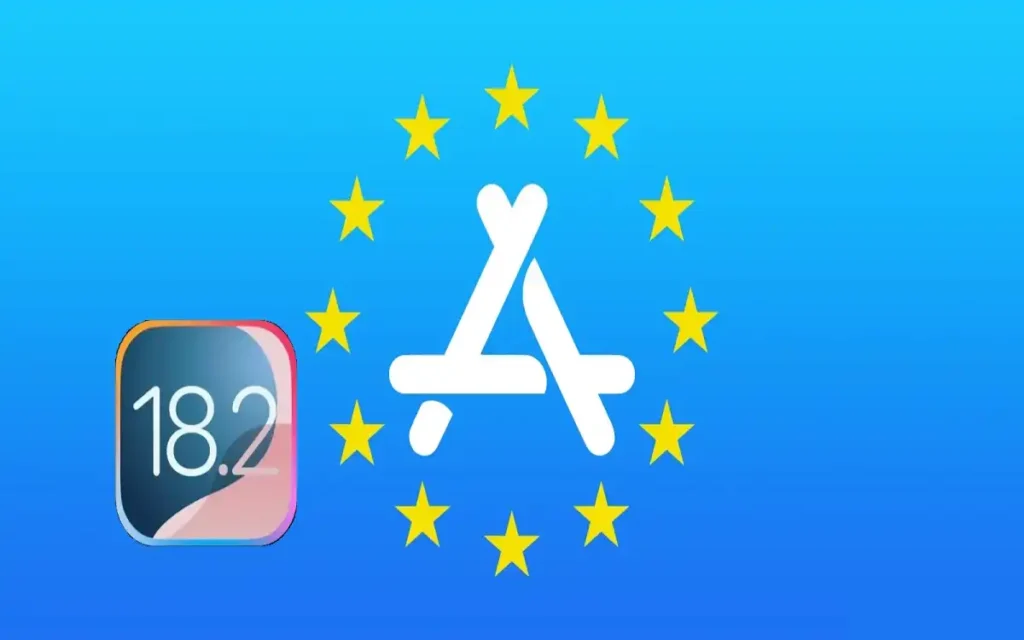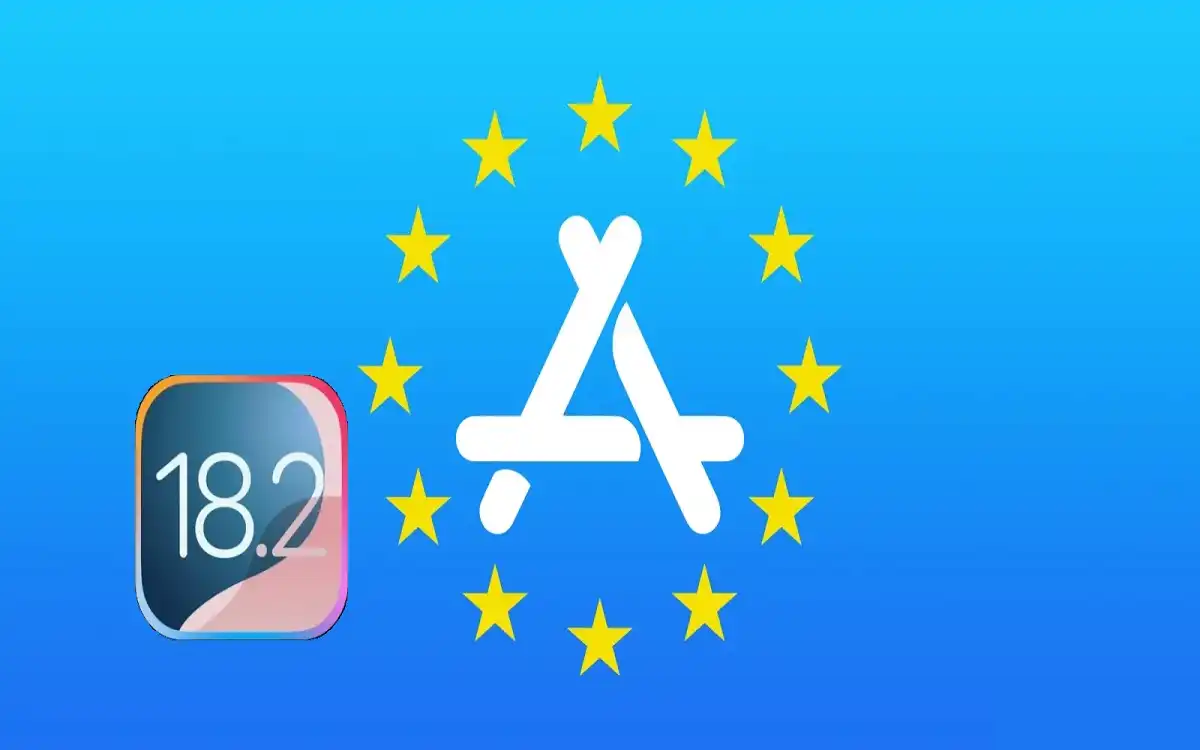iOS 18.2 introduces unprecedented control for iPhone users in the European Union. This major update allows users to iOS 18.2 Delete App previously untouchable core applications, including the App Store, Safari, Messages, Camera, and Photos. Let’s dive deep into what this means for users, the tech industry, and the future of smartphone customization.
Recent Released: How to Use HAC St. Johns on iPhone
What are New Changes in iOS 18.2
The latest iOS update represents Apple’s compliance with the European Union’s Digital Markets Act (DMA), a regulatory framework designed to enhance competition and user choice in digital markets. This change fundamentally alters how users interact with their iOS devices, offering a level of customization previously unimaginable on iPhones.
Core Apps Now Deletable
| Application | Previous Status | New Status (EU) | Key Impact |
| App Store | Non-removable | Deletable | Alternative app marketplaces possible |
| Safari | Non-removable | Deletable | Freedom to choose default browser |
| Messages | Non-removable | Deletable | Can switch to alternative messaging apps |
| Camera | Non-removable | Deletable | Third-party camera apps as primary |
| Photos | Non-removable | Deletable | Alternative photo management options |
Impact on User Experience
Enhanced User Control
The ability to remove core applications represents a paradigm shift in how users can customize their iPhone experience. This unprecedented level of control allows users to:

- Customize their device based on personal preferences
- Remove unused pre-installed applications
- Free up storage space
- Choose alternative apps for core functions
Restoration Process
Apple has implemented a user-friendly restoration system for those who change their minds. Users can easily reinstall iOS 18.2 Delete App core through:
- A dedicated section in Settings
- The App Library
- Spotlight Search
- Home Screen Layout Reset
Potential Risks and Considerations
Security Implications
While the new freedom is welcome, users should consider several security aspects:
- The App Store’s role in malware prevention
- Verification of alternative app sources
- Privacy implications of third-party alternatives
- System integrity maintenance
Functionality Trade-offs
Deleting core apps may impact:
- System integration capabilities
- Default app behaviors
- Cross-app functionality
- Overall user experience cohesion
Global Implications and Future Outlook
International Influence
The EU’s regulatory approach could have far-reaching effects:
- Other regions may adopt similar regulations
- Tech companies might standardize these features globally
- Consumer expectations could shift worldwide
Market Competition
This change opens new opportunities for:
- Alternative app marketplaces
- Third-party developers
- Competition in core app categories
- Innovation in mobile software
Technical Implementation
System Architecture Changes
iOS 18.2 introduces several architectural modifications to support core app deletion:
- Modular system components
- Alternative app handling
- System stability maintenance
- Recovery mechanisms
User Safety Measures
Apple has implemented several safeguards:
- Easy restoration options
- Clear warning messages
- System functionality preservation
- Data backup recommendations
The Path Forward
Developer Opportunities
The new ecosystem creates opportunities for developers to:
- Create alternative core apps
- Integrate more deeply with iOS
- Innovate in previously restricted areas
- Expand market reach
Industry Impact
This change could influence:
- Mobile OS design philosophy
- App distribution models
- Platform openness
- Competition dynamics
Consumer Guidelines
Best Practices
Users considering core app deletion should:
- Research alternative apps before deletion
- Understand system dependencies
- Back up important data
- Familiarize themselves with restoration procedures
- Consider security implications
Decision Framework
When deciding whether to iOS 18.2 Delete App core, consider:
- Usage patterns
- Alternative app availability
- System integration needs
- Security requirements
Regional Variations
EU vs. Global Features
The implementation varies by region:
- EU users have full deletion capabilities
- Non-EU users maintain traditional restrictions
- Feature availability may expand globally
- Regional regulatory compliance differs
The Future of Mobile OS Customization

Emerging Trends
This change could lead to:
- Increased platform openness
- More user customization options
- Enhanced competition
- Innovation in core services
Industry Evolution
The mobile industry may see:
- New app distribution models
- Enhanced user control features
- Cross-platform standardization
- Regulatory alignment
Finally
iOS 18.2 Delete App introduction of core app deletion capabilities for EU users represents a significant milestone in mobile operating system history. This change not only complies with regulatory requirements but also signals a potential shift toward greater user control and platform openness. While the feature currently remains limited to the EU, its implications could reshape the mobile ecosystem globally, influencing how users interact with their devices and how developers create applications.
As the industry adapts to these changes, we may see increased innovation, competition, and user choice in the mobile space. However, users must carefully consider the implications of removing core applications, balancing the benefits of customization against potential security and functionality trade-offs. The success of this initiative in the EU could pave the way for similar changes worldwide, ultimately leading to a more open and user-centric mobile computing environment.
This development marks not just a technical change but a philosophical shift in how we think about smartphone customization and user rights. As we move forward, the balance between platform control and user freedom will likely continue to evolve, shaped by regulatory requirements, user demands, and technological capabilities.
For More Apple Tech Update Visit Considering Apple






